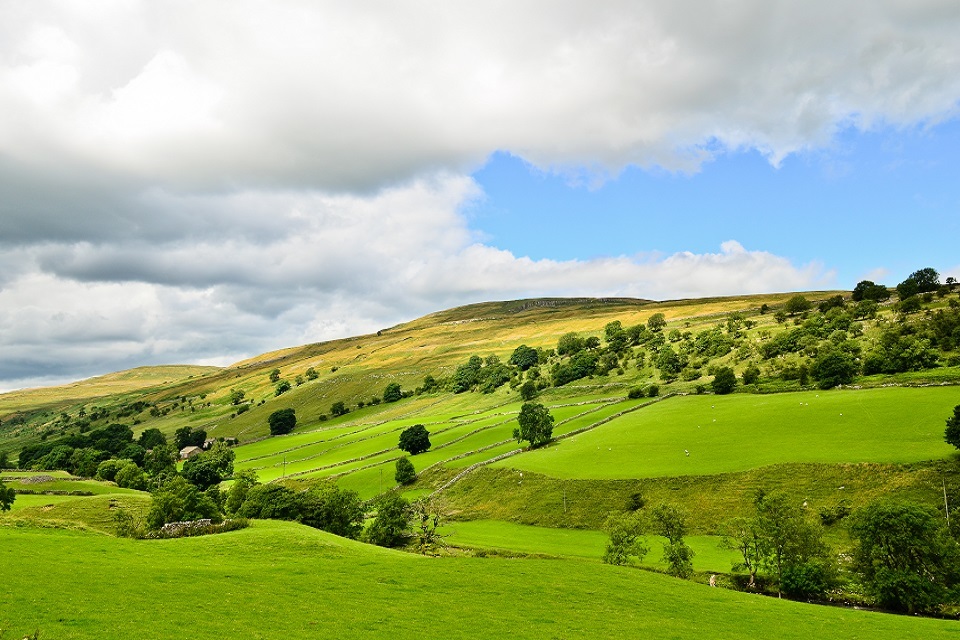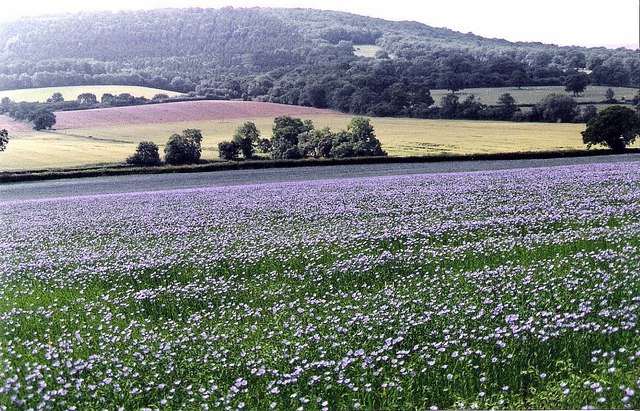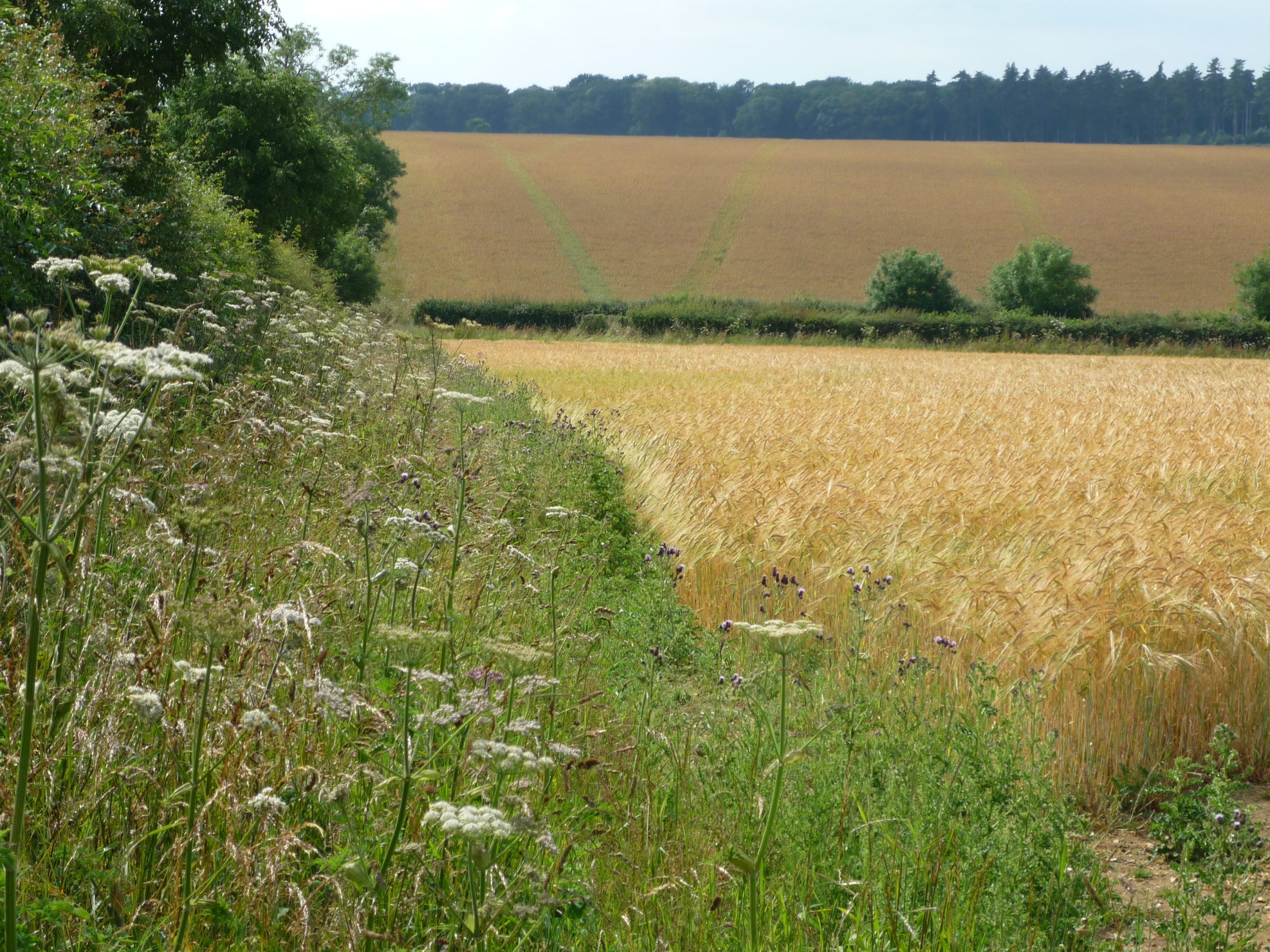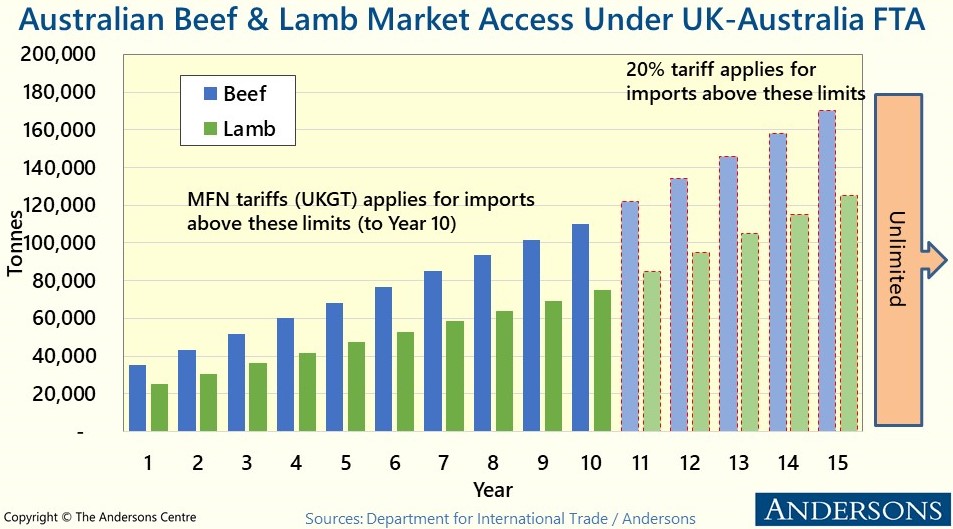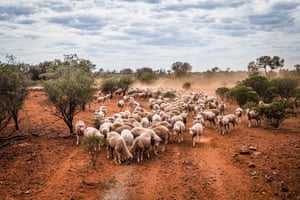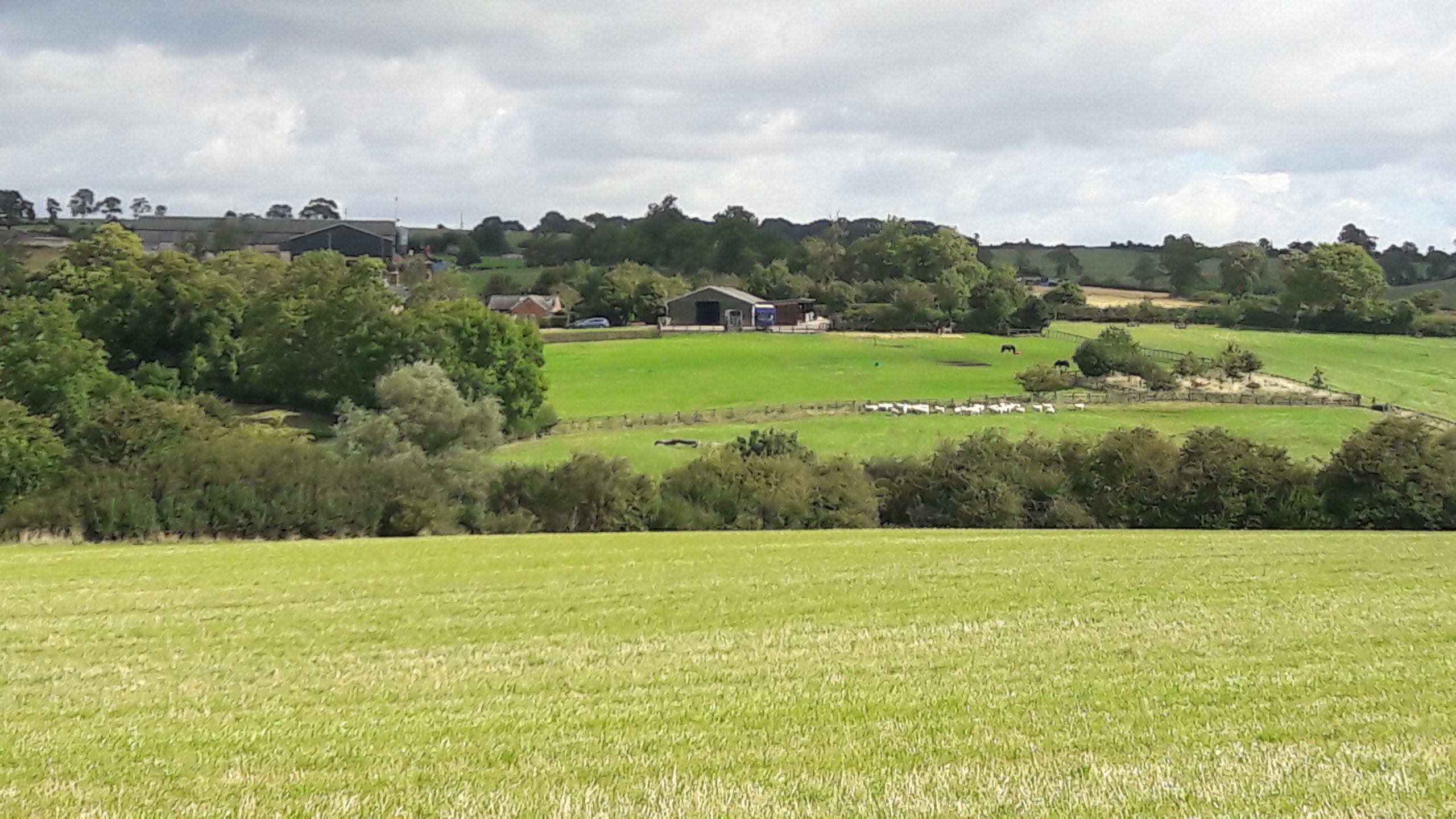Speaking at Cereals on 30th June, George Eustice announced more details about the Sustainable Farming Incentive (SFI); the first component of Environmental Land Management (ELM) and the one most farmers should be able enter. These details are different to the SFI Pilot for which those who expressed an interest are now drawing up an Agreement. These details are for the ‘main’ scheme which will open in spring 2022 for applications to this first phase. The scheme will then gradually expand until all elements are available from 2024/25 onwards. Between 2022 and 2024, the SFI will run alongside existing schemes (e.g. Countryside Stewardship). Farmers will be able to choose which schemes to participate in and can participate in multiple schemes if they wish, but they will not be paid twice for the same action.
In this initial phase, the SFI will concentrate on soils and also introduce the first element of the Animal Health and Welfare Pathway which will be available under SFI. There will just be four Standards within SFI 2022, these are:
- Arable and Horticultural Soils Standard
- Improved Grassland Soils Standard
- Moorland and Rough Grazing Standard
- Annual Health and Welfare Review
The payment rates and the standards outlined below are indicative, the final versions will be available by November 2021 following further refinements and feedback from farmers and stakeholders. With regards to payment, George Eustice has said the rates ‘roughly equate to a 30% uplift’ compared with what would have been available under the old EU methodology – a separate Policy Paper has been released which sets out the principles which will be used to set payments (see separate article).
The Standards
No specific management prescriptions are available yet, but below is the general guidance given from Defra;
The Arable and Horticultural Soils Standard and the Improved Grassland Soils Standard – Farmers will be rewarded for management practices which improve the soil structure and soil organic matter. With the aim of promoting clean water, improving climate resilience, biodiversity and food production. There will be three ambition levels for each of the soil standards. The indicative rates are:
 Those drawing up their SFI Pilot agreements will be interested in these payments as it appears these will replace those originally offered in the Pilot scheme. This would see the Improved Grassland Soils Standard payment increasing significantly compared with those offered in the pilot of £6, £6 and £8 per Ha for the Introductory, Intermediate and Advanced Ambition Levels respectively. Conversely, the Arable and Horticultural Soils payments will reduce slightly for the Introductory and Intermediate (£30 and £47 per Ha in the Pilot) with the Advanced payment slightly more (£59 per Ha in the Pilot). Of course, until the precise management prescriptions are known, it is difficult to judge how generous the payment rates are.
Those drawing up their SFI Pilot agreements will be interested in these payments as it appears these will replace those originally offered in the Pilot scheme. This would see the Improved Grassland Soils Standard payment increasing significantly compared with those offered in the pilot of £6, £6 and £8 per Ha for the Introductory, Intermediate and Advanced Ambition Levels respectively. Conversely, the Arable and Horticultural Soils payments will reduce slightly for the Introductory and Intermediate (£30 and £47 per Ha in the Pilot) with the Advanced payment slightly more (£59 per Ha in the Pilot). Of course, until the precise management prescriptions are known, it is difficult to judge how generous the payment rates are.
Moorland and Rough Grazing Standard – Farmers will be rewarded for assessing the range of habitats and features present on their moorlands. This has the aim of identifying the pressures on them and also the risks posed by wildfires. For 2022 there will only be an Introductory level; higher levels of ambitions are planned later in the Agricultural Transition. No indicative payment rate has been announced for this Standard. The plan is for this Standard to be developed further during the summer with farmers and stakeholders. It will be finalised by November 2021 along with a payment rate. This Standard will be available to all Moorland farmers, including those already taking part in Countryside Stewardship.
Annual Health and Welfare Review – This is the initial phase of the Animal Health and Welfare Pathway. It will involve a Defra-funded yearly visit from a vet. It is initially planned to be available for three years. The review will include;
- Data collection to benchmark against the national herd/flock and to track progress on the holding
- Actions to improve biosecurity, including training, capital investment, changes to farm management practices (unclear whether this will include additional funding)
- A review of medicine usage. Including uploading medicines to an e-medicines recording hub
- Recommendations to improve health and welfare and signposts for further support to help make changes.
- Diagnostic testing for priority diseases – Bovine Viral Diarrhoea (BVD), Porcine Reproductive and Respiratory Syndrome Virus (PRRS) and for sheep, parasitic resistance to anthelmintic treatments.
Payments are expected to range from £269-£775. The main difference in the rate is due to the costs of the diagnostic tests which vary across the species.
Further Development 2022-24
More Standards – More Standards will be added to the SFI between 2022 and 2024. Priority will be given to those Standards which make the most significant contribution to the environment, climate and animal health & welfare outcomes and those that have multiple benefits. Consideration will also be given to as to how each Standard extends the opportunity to more types, location and sizes of farm. The Standards which are currently under consideration are;
- agroforestry standard
- hedgerows standard
- arable and horticulture land standard
- waterbody buffering standard
- improved grassland standard
- low and no input grassland standard
- farm woodland standard
- dry stone walls standard
- heritage standard
- farmyard infrastructure standard
- orchards and permanent crops standard
- peat soils standard
Animal Health & Welfare – Defra is working with the livestock industry, including vets to ‘co-design’ the Animal Health & Welfare Pathway. Other components expected include animal health and welfare grants, endemic disease support and piloting payment-by-results. It is also continuing its commitments to strengthen the regulatory baseline and consult on animal welfare labelling.
Land Management Plans – The aim is that, eventually, the Sustainable Farming Incentive will involve each farm having a Land Management Plan. This would be the basis for farmers to decide how, where and when to produce public goods on their land. It would then also be possible to use these plans as a basis for assessing overall progress towards environmental, climate, and animal health and welfare targets. This starts to sound more like the Natural Capital approach to paying for public goods which was discussed when ELMs was first conceived.
Earned Recognition – the SFI Pilot will be used to trial and evidence how earned recognition could operate for the scheme, including how membership of existing assurance schemes might play a role in reducing checks and inspections.
Agreement Lengths & Flexibility – Defra wants to make the SFI accessible to all farmers and are looking at flexibility in agreements and lengths. The aim is that those who have control of the land for more limited periods of time, such as tenants, are still able to participate fully. It also wants to make sure that those farming on common land are able to join the scheme, with group agreements looking most likely to be required in order to enter common land into the SFI. Flexibility to adjust the content of agreements is being considered, as are ways to make it straightforward for a farmer to roll over an agreement if they wanted to do so.
Monitoring & Compliance – Defra has said it will continue to develop its approach to monitoring to make it ‘fairer, more targeted, more proportionate and more effective’. One of the barriers to entering Agri-environment schemes is the view that inspections are more common and payment can be held up, even when no problem is found.
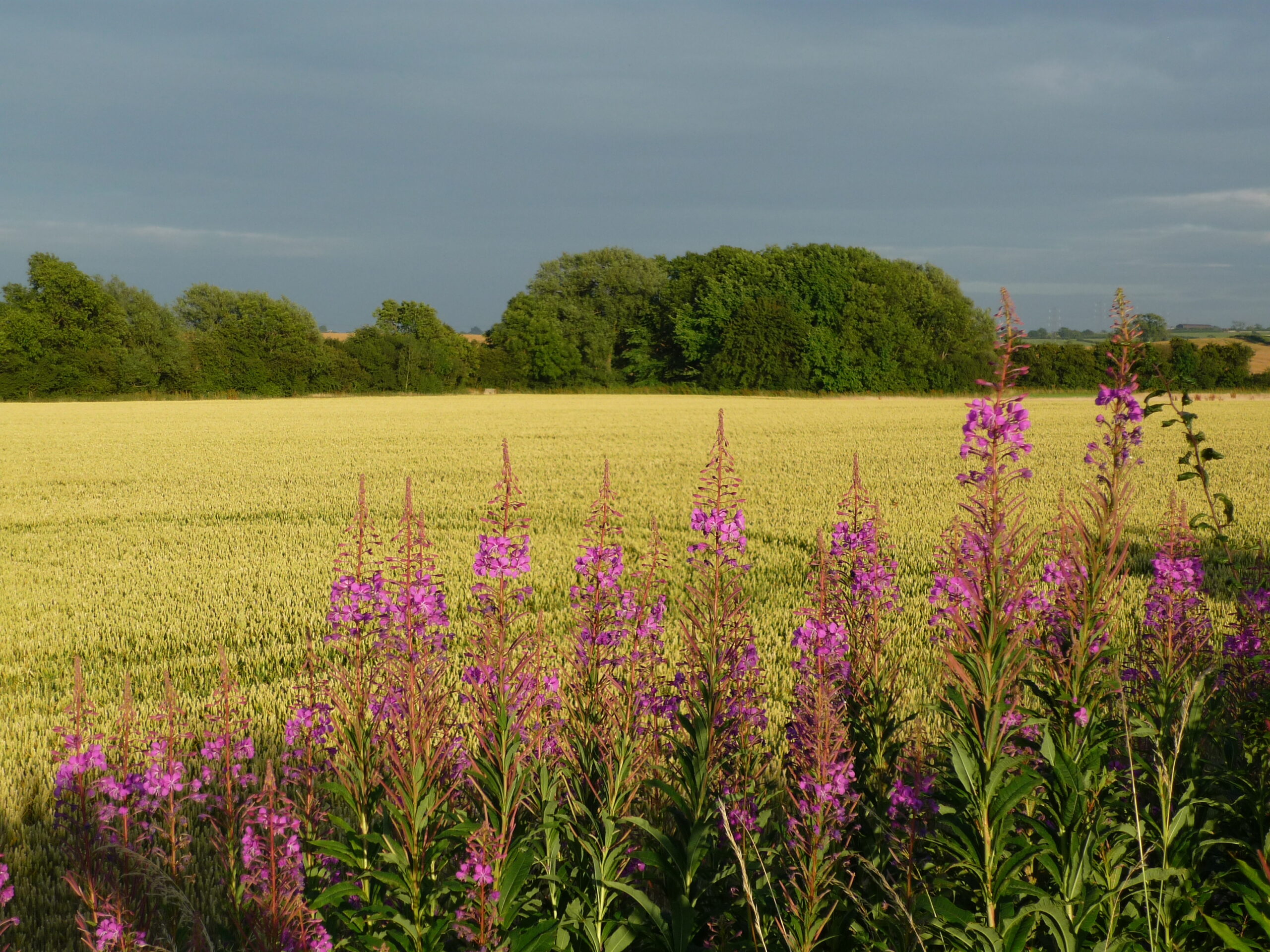
 Those drawing up their SFI Pilot agreements will be interested in these payments as it appears these will replace those originally offered in the Pilot scheme. This would see the Improved Grassland Soils Standard payment increasing significantly compared with those offered in the pilot of £6, £6 and £8 per Ha for the Introductory, Intermediate and Advanced Ambition Levels respectively. Conversely, the Arable and Horticultural Soils payments will reduce slightly for the Introductory and Intermediate (£30 and £47 per Ha in the Pilot) with the Advanced payment slightly more (£59 per Ha in the Pilot). Of course, until the precise management prescriptions are known, it is difficult to judge how generous the payment rates are.
Those drawing up their SFI Pilot agreements will be interested in these payments as it appears these will replace those originally offered in the Pilot scheme. This would see the Improved Grassland Soils Standard payment increasing significantly compared with those offered in the pilot of £6, £6 and £8 per Ha for the Introductory, Intermediate and Advanced Ambition Levels respectively. Conversely, the Arable and Horticultural Soils payments will reduce slightly for the Introductory and Intermediate (£30 and £47 per Ha in the Pilot) with the Advanced payment slightly more (£59 per Ha in the Pilot). Of course, until the precise management prescriptions are known, it is difficult to judge how generous the payment rates are.